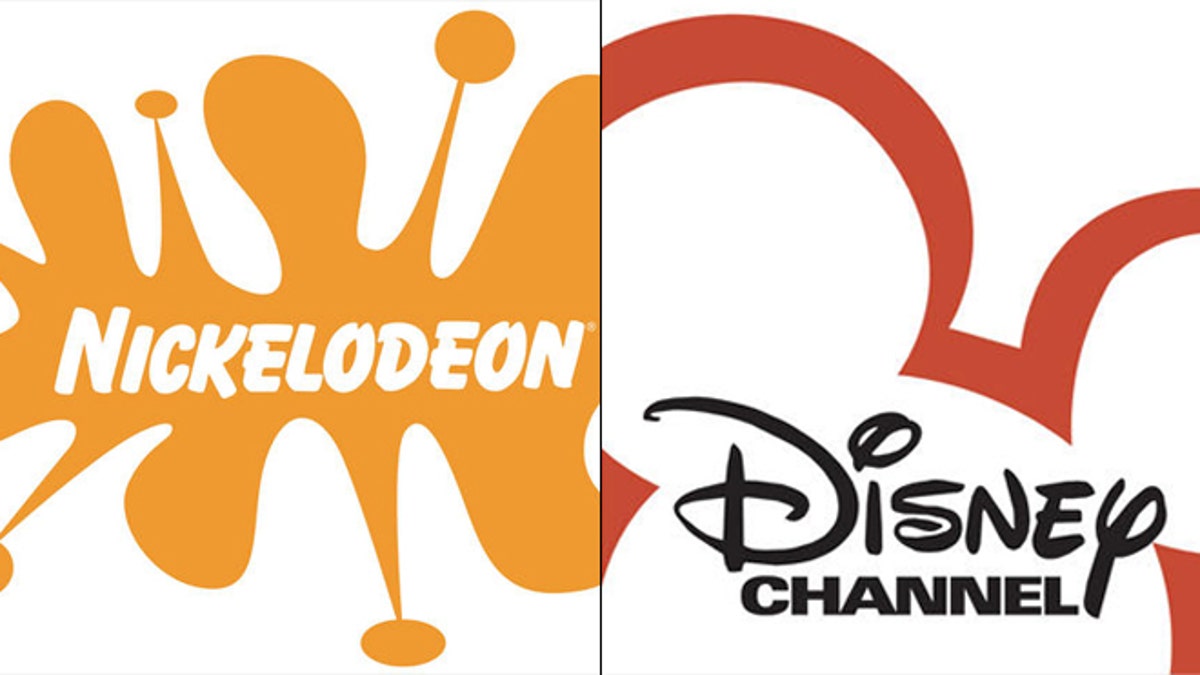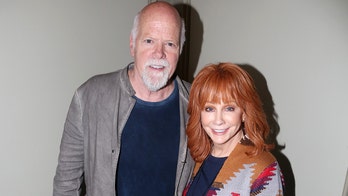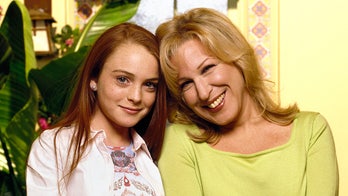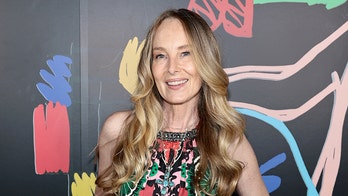
(AP)
LOS ANGELES – Last year, the world’s number one children’s entertainment network, Disney, earned applause from advocacy groups when it rolled out a plan to eliminate unhealthy food promos from its channels by 2015. But its rival network, Nickelodeon, has no plans to follow in Disney’s footsteps despite alarmingly increasing numbers of childhood obesity across the country.
The Centers for Disease Control and Prevention reports that the prevalence of obesity has more than doubled among children aged 2 to 5, from 5 percent to 12.4 percent in the last 25 years, while it has increased from 6.5 percent to 17 percent in kids aged 6 to 11 and from 5 to 17.6 percent in the 12 to 19 age group.
So do such channels hold a moral obligation when it comes to food advertising and the products they promote?
“Demonizing a product like Trix or Cocoa Puffs doesn’t solve the problem. Nickelodeon certainly bears responsibility for what it chooses to advertise and promote, but they have no obligation to give in to such extremism,” Julia Seymour, of the Business and Media Institute, told FOX411’s Pop Tarts column. “In spite of the liberal notion that children must be protected from things like sugary cereal through advertising bans, the health of children is the responsibility of their parents or guardians.”
Earlier this month, four U.S. Democratic senators – Jay Rockefeller of West Virginia, Dick Durbin of Illinois, Richard Blumenthal of Connecticut and Tom Harkin of Iowa – sent letters to the Viacom-owned Nickelodeon, asking the company to revisit their nutritional advertising protocol. Six months ago, a coalition of more than 80 health groups and medical professionals also sent a letter urging changes.
But the network has staunchly argued that as an entertainment company, its primary responsibility is to make the highest quality content in the world for kids.
“We leave the science of nutrition to the experts. No entertainment brand has worked as comprehensively and with more organizations dedicated to fighting childhood obesity over the past decade than Nickelodeon,” a rep said. “Our commitment has included dedicating 10 percent of our airtime to health and wellness messaging; our partnerships with Let's Move, The Alliance for a Healthier Generation, Boys and Girls Clubs of America and professional sports leagues among many others; our grants programs for school PE and community recreation efforts in local communities; our annual Worldwide Day of Play initiative; as well as integrated licensing and marketing partnerships with companies like Birds Eye that encourage kids to eat vegetables.”
Nickelodeon added that less than 20 percent of its advertising comes from the food category. A study by the Center for Science in the Public Interest also found that unhealthy food advertisements on Nickelodeon have organically decreased over the years – from ninety percent in 2005 to 69 percent in 2012.
But that’s not enough, contend many health food advocates.
“It’s great that Disney is stepping up, risking a loss of advertising income,” said Heather Lounsbury, of Live Natural, Live Well. “[Nickelodeon] should follow Disney and care about the health of their viewers. But again, money will come first for most companies. But I know I’m going to tell all my patients who are parents about Disney’s commitment.”
The American Psychological Association states that studies have found strong associations between increases in advertising for non-nutritious foods and rates of childhood obesity. Research shows that product preference has been known to occur with as little as a single commercial exposure and strengthens with repeated exposures.
However, Seymour argued that despite compelling research, as a business Nickelodeon has every right to decide what advertising it accepts and rejects. California-based mom Jennifer Fort-Brawley agreed, adding that nutrition the responsibility of a child’s parents.
“My kids have eaten fast food from time to time their whole lives. I monitor their eating and keep them active,” she said.
And while Disney’s new plan means it may have to turn away several top-dollar advertisers, some predict that the positive publicity will still pay off.
“It is showing that Disney cares about its consumers, that Disney is a ‘safe’ place for parents to let their children watch television and will likely help their bottom line because they have catered to parents who concerned about this type of advertising,” explained John Conway, entertainment attorney and President of Astonish Media Group.
He added that there’s a chance Disney’s decision could lead to a financial win-win for both networks. He suggested junk food advertisers may rush to Nickelodeon to get their message to their target audience.
“This may give Nickelodeon an additional financial incentive not to follow Disney. Since without them, the number of targeted outlets to children will have diminished,” Conway added. “And that could drive up ad prices so that advertisers can reach this audience.”
Disney did not respond to a request for further comment.






